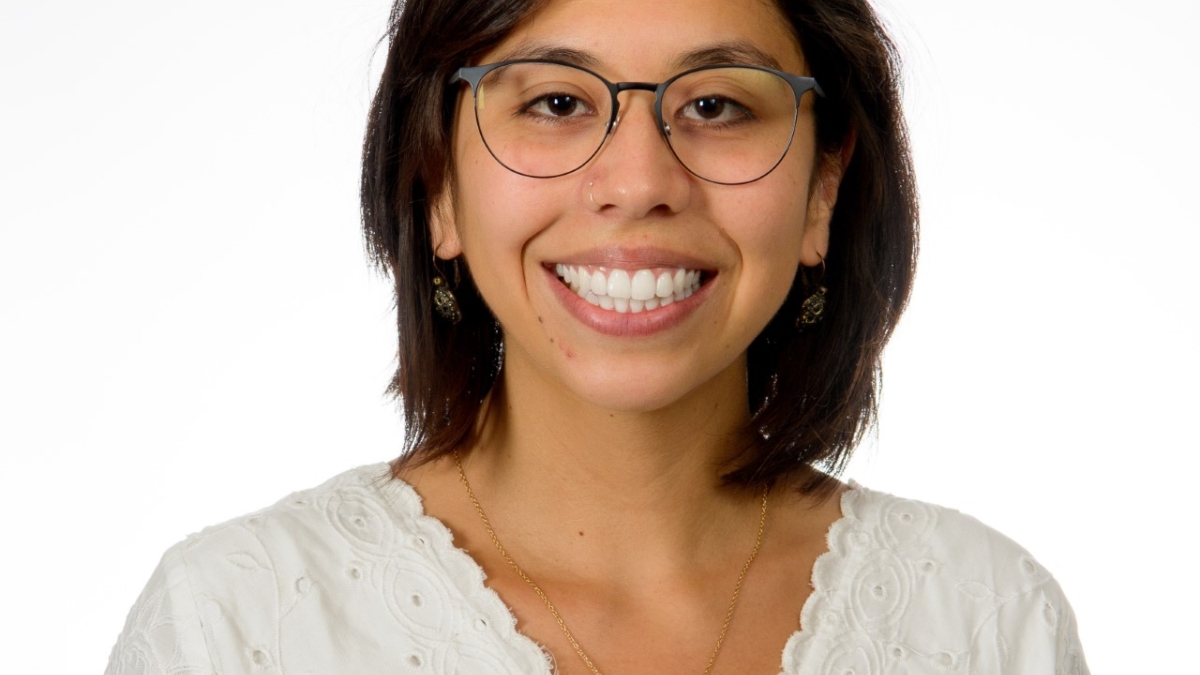PhD graduate seeks increased Latino access to mental health services

Ana María Meléndez Guevara, who is also a clinical social worker, suggests that practitioners should keep a client’s cultural and demographic circumstances in mind, something the researcher refers to as “seeing through a culturally responsive lens.”
With 1 in 5 U.S. adults experiencing mental illness, it’s evident that access to mental health services is important for the well-being of communities. Due to social, economic or other barriers, only 46% of mentally ill adults receive the treatment they need. This number decreases considerably based on demographics, dropping to just 35% for Hispanic or Latino communities.
What is causing this disparity? PhD graduate Ana María Meléndez Guevara may have an answer. Guevara, a Colombian native and The College’s Spring 2022 Outstanding Graduate in family and human development, has dedicated several years of doctoral research to unraveling the problem of service access disparity, particularly in Latino communities.
“Racial minorities living in impoverished circumstances have more obstacles to health care,” Guevera explains.
The graduate’s published research, which includes interviewing mental health practitioners and clients in Latino communities, found that the most common obstacles are socioeconomic conditions, mental health stigma, frequent exposure to trauma, and mistrust of the system.
RELATED: Graduate aims to strengthen families by helping those affected by adverse childhood effects
Guevera, who is also a clinical social worker, suggests practitioners should keep a client’s cultural and demographic circumstances in mind, something the researcher refers to as “seeing through a culturally responsive lens.” Practitioners should additionally be careful to avoid stigma and engage in active listening. The goal is to help clients feel comfortable and willing to build an authentic relationship.
The PhD graduate also emphasizes the importance of validation: “(Practitioners and clients) often find that the data reinforces what they’re experiencing,” she says. “We need to elevate the voices of these communities and provide them a platform.”
So what’s next? Guevera may have graduated with outstanding honors, but the work is not over. The researcher intends to stay at ASU to continue exploring this topic and conducting other family engagement studies. The plan is to continue closing gaps in mental health access while combining historical and cultural expertise in future research.
More Health and medicine

Making medicine side-effect free
Many drugs that address medical conditions can come with serious side effects. In drug commercials, the litany of potential side…

Diagnostic research happening at ASU focused on detecting diseases earlier to save lives
It was one of America’s founding fathers, Benjamin Franklin, who may have foreshadowed today’s health care innovation when he…

Fighting the fungus among us
It starts with a spore.When inhaled, spores of the coccidioides fungus can cause coccidioidomycosis — better known as valley…

